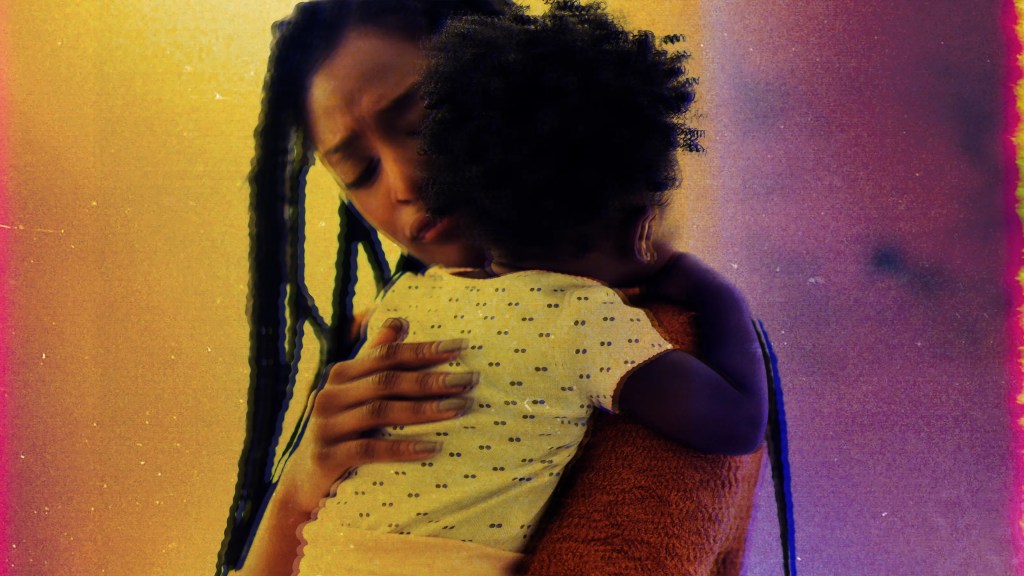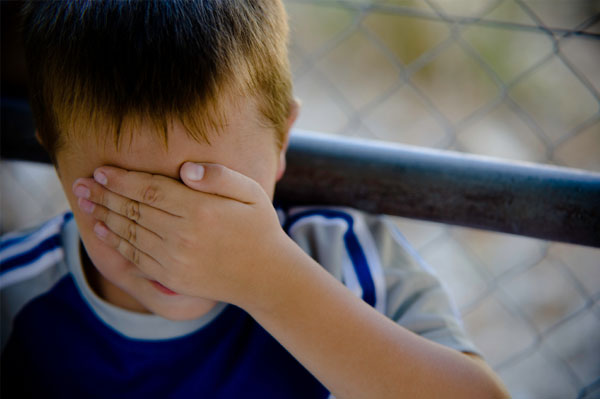By Dr. Corinne Masur

There is a theory in economics which says that benefits for the wealthy trickle down to everyone else. Whether you agree with this or not, don’t worry, because I am not going to be talking about economics here.
What I am going to talk about is the idea that one mother brought up in our parents’ group today.
She said that she thought her daughter was affected by a term she invented: “trickle down anxiety”.
And what she meant is that she thinks her own anxiety and that of her husband are affecting their daughter – and possibly even their infant son.
Just an hour earlier she had been talking about how unsafe the world feels right now with the wars and with the divisiveness in this country, including – especially – on several of our nearby campuses here in Philadelphia where there have been demonstrations and evidence of hate speech over the last several days.
Another mother brought up how all of us lost our sense of safety during Covid and how now that we might just be getting back on our feet, we are facing new sources of anxiety – and even danger.
What are parents to do?
These ARE anxious times.
Well, there is no perfect answer to this question.
But there ARE some things that could be helpful:
– First, just check in with yourself: Are you feeling anxious? Are you worried about the war in Israel and Gaza? Or the one in the Ukraine? Are you worried about the political situation in this country? Or the safety of your neighborhood? Are you worried about your child’s safety and well-being? Does this hit you in ways that overwhelm you? And is this beyond how you imagined you would feel as a parent?
– Second, if you find that you ARE feeling anxious, take note of how this affects you: Does it make you more irritable? Does it make it hard for you to get to sleep or stay asleep at night? Are you interacting with your children or partner in a way that demonstrates your anxiety and/or irritability and/or tiredness? Are you getting in more arguments? Are you finding yourself disagreeing over small things? Or are you showing that you are anxious in other ways – do you look worried? Are you eating less? Or more? Are you checking your newsfeed more frequently than you used to?
For most of us, the answers to some or even all of these questions is probably yes.
And if this is the case, acknowledge it: acknowledge it with yourself and then acknowledge this with you partner and children.
Even young children, three or over, can understand it if you say, “Mommy/Daddy has been more worried (or more tired) today, I’m sorry I was cranky with you”.
– Third, ask yourself whether your children are more anxious these days. Do you think they could be experiencing your anxiety and then feeling anxious themselves? Are they having trouble getting to sleep or staying asleep? Are they more irritable than usual? Are they asking you any questions about whether you’re OK?
And finally, is there anything to do about all this?
Let’s me ask just a few more questions:
What do you need for YOUR anxiety?
Because if you can get what you need, there might be less trickle down from you to your children.
Do you need more support from your partner or friends? Do you need a place to talk about your anxiety? Would talking for a bit after the children go to sleep (whether with your partner or with someone on the phone) help? Or might you consider cutting back on the amount of news you consume? Do you need to protect yourself from the media onslaught more than you are currently doing? Or does all of this sound insufficient and might you need to consult with a professional about your anxiety?
Think about it.
Our anxiety DOES affect our children. They feel it. It DOES trickle down And when the trickle reaches them they feel more anxious without even knowing why.
Once you have gotten some of your anxiety taken care of, talk to your children about how you’ve been feeling. See if they volunteer anything about how they’ve been feeling. Reassure them that even when you have worries, they are safe.
Repeat this as often as necessary.
The world is scary right now. But we can do some things to help ourselves and to reassure our children.





 Dr. Corinne Masur
Dr. Corinne Masur
 Dr. Corinne Masur
Dr. Corinne Masur